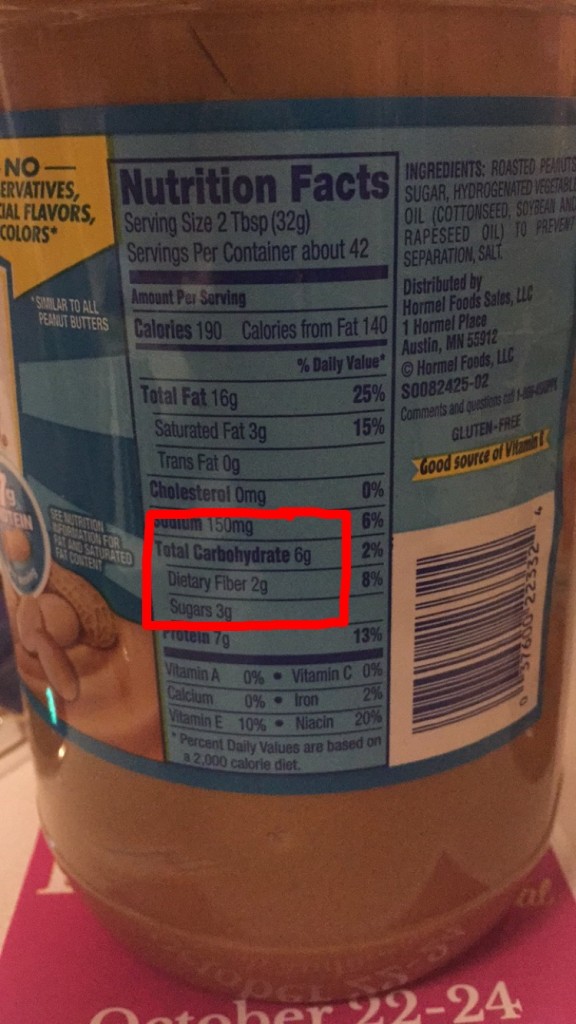As the weather is getting colder, I don’t know about any of you, but my mind goes straight to the holidays. Pumpkin scented everything is out, and before Halloween even approaches, stores have Christmas decorations lining the aisles. Before we know it, we will all be leaving for Thanksgiving break. Although this is a very joyous time, it come with one big negative….weight gain.

So why do we gain so much weight over the holidays? According to WebMd, we aren’t too concerned about our diet or depriving ourselves of all of the fatting and sweet foods that come across our plates It is a time to be spent celebrating and spending time with family and friends. They additionally address that added stress of finding the perfect gifts for family or making sure you don’t burn the turkey for the third year in a row also helps pack on all of that holiday weight.
Jack A. Yanovski, M.D., Ph.D., Susan Z. Yanovski, M.D., Kara N. Sovik, B.S., Tuc T. Nguyen, M.S., Patrick M. O’Neil, Ph.D., and Nancy G. Sebring, M.Ed., R.D of the New England Journal of Medicine, conducted a study on the study of weight gain during the holidays. They took 200 subjects and saw them at four times during a six to eight week interval: during late September or early October, during mid-November (before Thanksgiving), in early or mid-January (after New Year’s Day), and in late February or early March. At each visit their height and weight were measured. All of the subjects were weighed at the same time of day, either after breakfast or before lunch.

Also at these visits, subjects would have to fill out questionnaires. They included a health screening form as well as forms that evaluated stress, dietary and activity patterns, and depression, including winter seasonal affective disorder. All of these factors contribute to weight gain especially, winter seasonal affective disorder.
According to Dr. Yoni Freedhoff, medical director of the Bariatric Institute in Ottawa, Seasonal affective disorder also known as SAD is a type of depression that affects people over the winter. This disorder causes sufferers to eat more when the weather gets colder and the days get shorter. Freedhoff sates, “We know that food itself is a comfort as far as mood goes, because it actually impacts the same circuitry of the brain as drugs do. So people use food medicinally to make themselves feel better“. People who struggle this SAD find themselves eating more of the high-calorie comfort food of the holidays.
At the visit in either February or March, the subjects were asked if they believed they had gained weight. They believed that they gained anywhere from 1.47kg to 1.57 kg. Here are the results:

Of the 200 recruited subjects, complete data on weight from the first four visits were available for 195, or 98%. The subjects’ weight clearly changed significantly during the duration the of this study. The mean weight increased significantly during the holiday period. The average subject gained anywhere from 1.12 kg to 1.79 kg during the holiday period. However, after the holidays, subjects began to see the error of the holiday eating habits and began to lose anywhere from .07kg to 1.14 kg.
Weight gain during the holidays is something that no ones wants, but it is almost inevitable. Due to the colder weather and yummy food, it is hard to eat healthy and get out and exercise. By the time post holiday rolls around, we will actually find ourselves losing weight just because we aren’t eating all of that fatty holiday food. Just enjoy 🙂

 east once a day they were shown to do better than women who do not drink wine everyday. Wine also does wonders for preventing brain clots along with the reduction of blood vessel inflammation, which helps prevent heart disease.
east once a day they were shown to do better than women who do not drink wine everyday. Wine also does wonders for preventing brain clots along with the reduction of blood vessel inflammation, which helps prevent heart disease.






 One of the main reasons that parasocial relationships occur is that the chance of rejection is eliminated. This one sided relationship can also be a
One of the main reasons that parasocial relationships occur is that the chance of rejection is eliminated. This one sided relationship can also be a e helped watchers get inside these personas’ lives and have them feel connected on an even more personal level. These personas are also very involved on various social media outlines,which help fans feel even more connected to them when they post them doing everyday things, or their favorite products.
e helped watchers get inside these personas’ lives and have them feel connected on an even more personal level. These personas are also very involved on various social media outlines,which help fans feel even more connected to them when they post them doing everyday things, or their favorite products. 
 an take that time as a time spent with a friend who can make them laugh, and can relieve their stress of of countless treatments or worrying if they are going to get better or not.
an take that time as a time spent with a friend who can make them laugh, and can relieve their stress of of countless treatments or worrying if they are going to get better or not.








 rates to state that homesickness is actually the desire for love, protection and security. We are also missing the routine and the sense of normalcy from back home. All of these things relate back to being home, so they are associated with home. When the constant feelings of being loved and protected from our friends and family are no longer prevalent in our everyday lives, we desire them and also our homes.
rates to state that homesickness is actually the desire for love, protection and security. We are also missing the routine and the sense of normalcy from back home. All of these things relate back to being home, so they are associated with home. When the constant feelings of being loved and protected from our friends and family are no longer prevalent in our everyday lives, we desire them and also our homes. suggests is to set up a specific time once or twice a week for a phone call or FaceTime. He emphasizes that college is a time for freshman to make strong connections
suggests is to set up a specific time once or twice a week for a phone call or FaceTime. He emphasizes that college is a time for freshman to make strong connections







